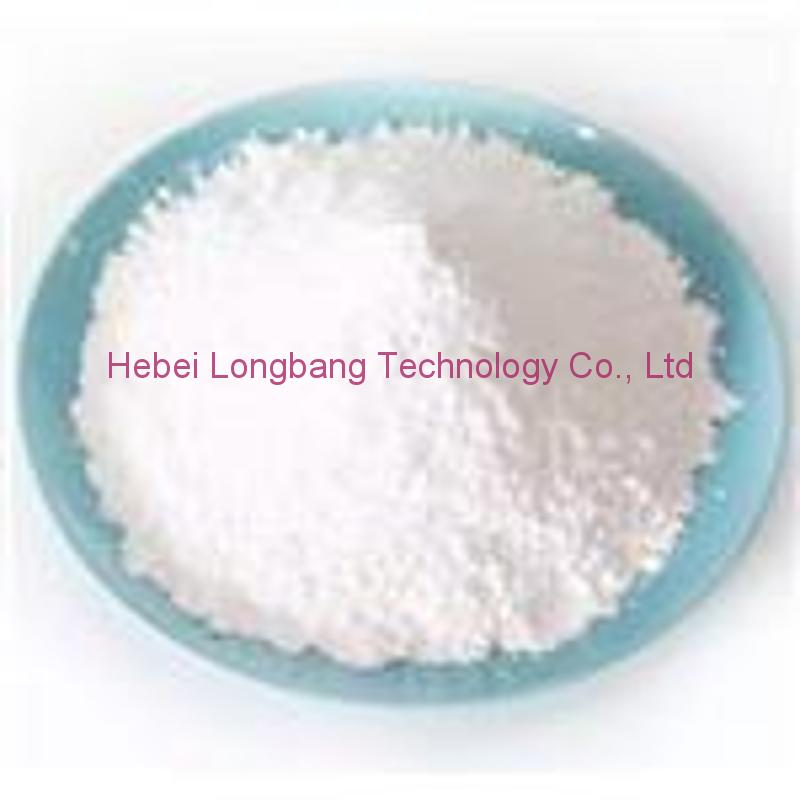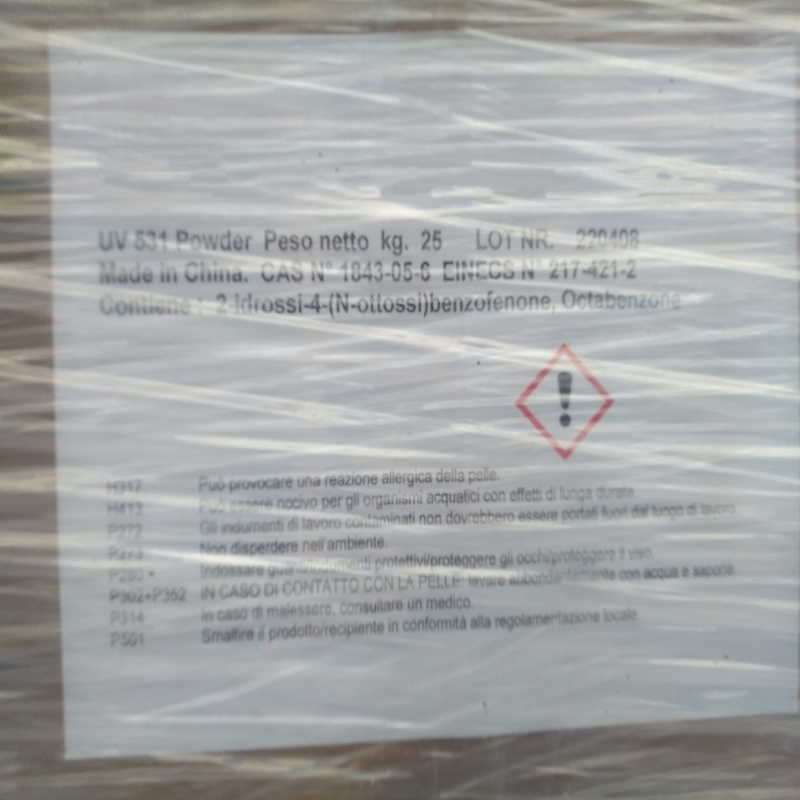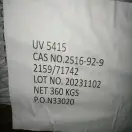-
Categories
-
Pharmaceutical Intermediates
-
Active Pharmaceutical Ingredients
-
Food Additives
- Industrial Coatings
- Agrochemicals
- Dyes and Pigments
- Surfactant
- Flavors and Fragrances
- Chemical Reagents
- Catalyst and Auxiliary
- Natural Products
- Inorganic Chemistry
-
Organic Chemistry
-
Biochemical Engineering
- Analytical Chemistry
-
Cosmetic Ingredient
- Water Treatment Chemical
-
Pharmaceutical Intermediates
Promotion
ECHEMI Mall
Wholesale
Weekly Price
Exhibition
News
-
Trade Service
According to Nikkei, Sharp, a subsidiary of Hon Hai Group, plans to launch dye-sensitized photovoltaic cells (DSSCs)
in fiscal year 2018 (ending March 31, 2019).
Sharp plans to launch dye-sensitized photovoltaic cells in fiscal 2018
According to reports, Sharp has not yet decided whether to produce it in-house or outsource a new product that uses low light indoors to generate electricity
.
Dye-sensitized PV cells generate twice as efficiently as existing silicon PV cells and can be designed in a compact way, making them suitable for IoT devices
.
Due to the increasing competition in the existing silicon photovoltaic cell market, Sharp is eager to launch new cells
.
As the sales champion before 2005, Sharp has now fallen out of the top five in the global photovoltaic cell market
.
According to the released data, sales of Sharp's smart home division, which includes photovoltaic cells, IoT communications, and health/environmental systems businesses, increased by 15.
6% in the previous quarter (April-June 2018) to 150.
5 billion yen, and operating profit increased by 19.
9% to 11.
8 billion yen
.
,
According to Nikkei, Sharp, a subsidiary of Hon Hai Group, plans to launch dye-sensitized photovoltaic cells (DSSCs)
in fiscal year 2018 (ending March 31, 2019).
Sharp plans to launch dye-sensitized photovoltaic cells in fiscal 2018
Sharp plans to launch dye-sensitized photovoltaic cells in fiscal 2018According to reports, Sharp has not yet decided whether to produce it in-house or outsource a new product that uses low light indoors to generate electricity
.
Dye-sensitized PV cells generate twice as efficiently as existing silicon PV cells and can be designed in a compact way, making them suitable for IoT devices
.
Due to the increasing competition in the existing silicon photovoltaic cell market, Sharp is eager to launch new cells
.
As the sales champion before 2005, Sharp has now fallen out of the top five in the global photovoltaic cell market
.
According to the released data, sales of Sharp's smart home division, which includes photovoltaic cells, IoT communications, and health/environmental systems businesses, increased by 15.
6% in the previous quarter (April-June 2018) to 150.
5 billion yen, and operating profit increased by 19.
9% to 11.
8 billion yen
.
,







